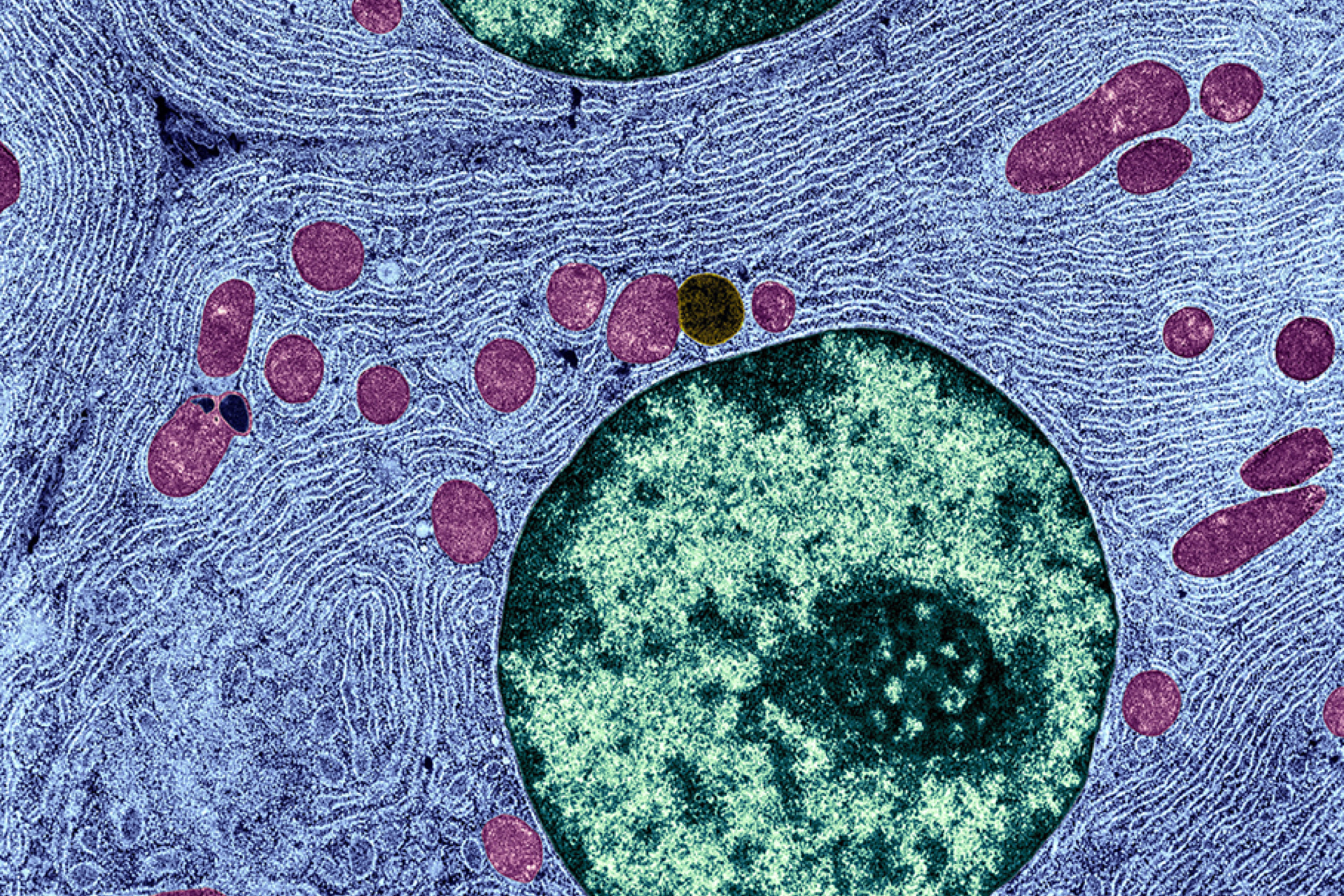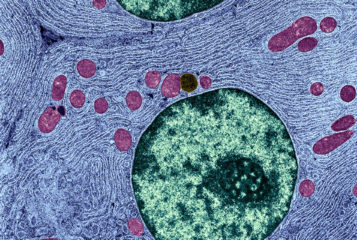The birth of the first UK child(ren) with donated mitochondria has been confirmed by the Human Fertilisation and Embryology Authority (HFEA).
Following a freedom of information request by the Guardian newspaper, the UK's fertility regulator announced that between one and four children had been born from embryos created using mitochondrial donation, as of April 2023. The embryos were created at the Newcastle Fertility Centre, where one of the permitted mitochondrial donation techniques was originally pioneered.
Sarah Norcross, director of the Progress Educational Trust, said: 'News that a small number of babies with donated mitochondria have now been born in the UK is the next step, in what will probably remain a slow and cautious process of assessing and refining mitochondrial donation.'
Mitochondria are tiny energy-producing organelles present in the cells of all plants and animals, and are essential for cells to function. They contain a tiny amount of their own DNA, which is completely separate from the chromosomes that make up the nuclear genome. When this mitochondrial DNA contains mutations, it can result in severe illness including heart and muscle problems, which can be fatal.
An embryo gets all of its mitochondria from the egg, so mitochondrial DNA is inherited exclusively from the mother.
Mitochondrial donation, also known as mitochondrial replacement therapy, involves creating embryos via IVF, but adding in an extra step. Either just before or after fertilisation, the nuclear material from the mother's egg (or from an embryo created from the mother's egg and the father's sperm) is transferred into a donor egg (or into an embryo created from a donor egg and a sperm) that has had its own nuclear material removed. The embryo that is ultimately created contains nuclear material from the parents, and mitochondria from the donor.
'Mitochondrial replacement therapy significantly reduces the risk of a child being born with severe mitochondrial disease in select cases,' consultant neurologist Dr Robert Pitceathly, who is co-lead for the Highly Specialised Service for Rare Mitochondrial Disorder Service at the National Hospital for Neurology and Neurosurgery in London, told BioNews. 'Nevertheless, careful monitoring and long-term follow-up of children born following mitochondrial replacement therapy will be required.'
The UK was the first country to legalise mitochondrial donation, passing the Mitochondrial Donation Regulations in 2015 following a lengthy period of debate (see BioNews 826). The HFEA went on to approve the procedure for 'cautious clinical use' the following year (see BioNews 882) and granted the first (and so far only) licence to perform the treatment to Newcastle Fertility Centre in 2017 (see BioNews 893).
Children have already been born outside the UK as a result of mitochondrial donation, notably in Mexico, Ukraine and Greece (see BioNews 871, 885 and 995 respectively).
As well as confirming the small number of births, the HFEA said that a total of 32 patients have so far been given approval to pursue the treatment: 'These are decisions made on an individual case by case basis where there are no other options for the families involved and in strict accordance with the law'.
Liz Curtis, CEO of the Lily Foundation which supports families affected by mitochondrial disease said: 'For now this is clearly a deeply personal matter so we must respect the privacy of everyone involved.'
Sources and References
-
First UK children born using three-person IVF: what scientists want to know
-
First UK baby with DNA from three people born after new IVF procedure
-
Baby born from three people's DNA in UK first
-
Mitochondrial donation treatment
-
Celebrating a medical breakthrough that could give affected families hope
-
Mythbusting Mitochondrial Donation







Leave a Reply
You must be logged in to post a comment.